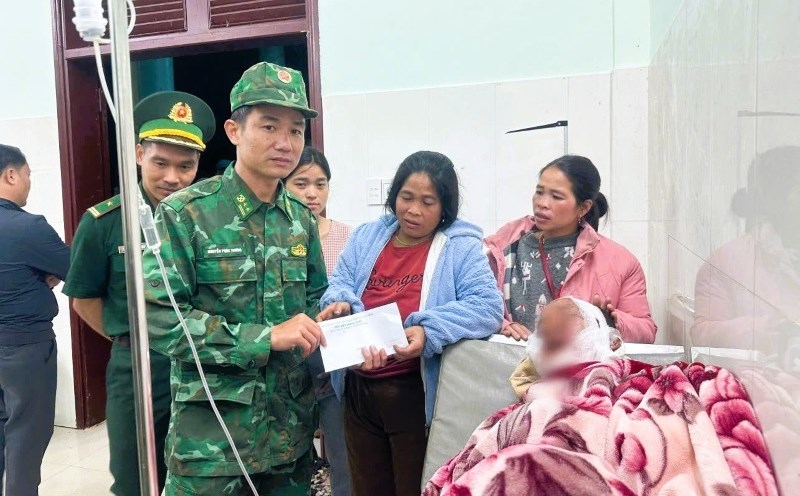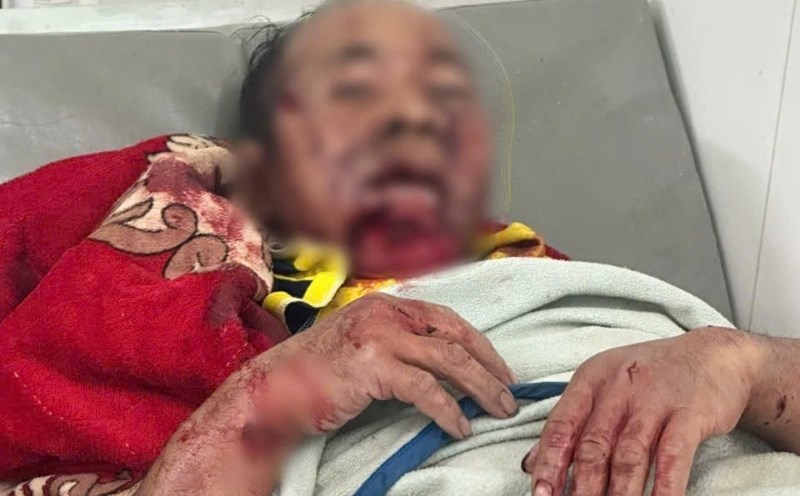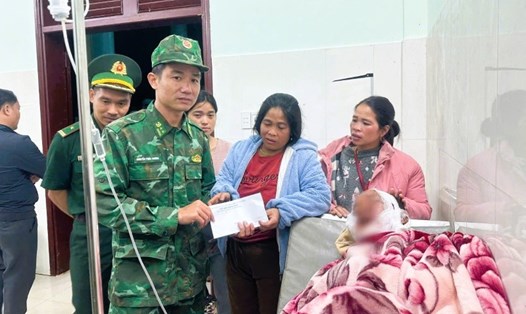152 bears are still in captivity
From nearly 4,000 bears in captivity in 2005, there are now only 152 bears nationwide - down 96%. This is the result of persistent efforts from authorities and conservation organizations and the participation of the entire community. However, the situation of holding bears in captivity still exists.
For example, in Hanoi, there are still 74 bears being held in 16 private facilities, mostly concentrated in Phuc Tho commune. Despite the implementation of communication activities and efforts to mobilize, the bear transfer speed in Phuc Tho is still too slow, causing concerns for the overall progress of the whole country. Statistics show that the number of captive bears in Hanoi accounts for 49% of the total number of captive bears in the country.
ENV said that in recent years, the city government and authorities have taken positive steps such as increasing propaganda, supervision, and mobilizing people to voluntarily transfer bears, but the transfer speed is still too slow. From the beginning of 2025 to now, only 3 bears in Phuc Tho commune have been transferred to the rescue center in April 2025, while 6 other individuals have died - double the number of bears rescued.
"Accelerating the bear transfer progress so that the bear can soon have a better life at a specialized bear rescue center is a very urgent requirement" - Ms. Nguyen Phuong Dung - Deputy Director of the Environmental Education Center (ENV) emphasized.
Need to get involved, for a green future
According to ENV, one of the biggest difficulties in the nearly 20-year journey to end bear hunting for honey in Vietnam is to mobilize and persuade breeding owners to voluntarily transfer bears.
Responding to an interview with Lao Dong Newspaper, a field officer of ENV said: Although the work plan has been notified to bear farming households in advance, the working group including representatives of Phuc Tho Commune People's Committee, the local Forest Protection Department and ENV still encountered many difficulties in approaching and mobilizing households. Many bear bear owners have the excuse of not being at home or closing their doors to avoid the inspection team or still waiting for financial support even though the State always clearly affirms the stance of "not compensating" the bear owners".
Along with that, although it has decreased sharply, the demand for consumption and use of bear honey and bear products of a part of the people still exists, contributing to promoting the situation of attracting, trading bear honey or keeping bears for "manpower".
"In addition to mobilizing, we need to strengthen inspection and supervision of establishments to promptly detect and handle cases of illegal captivity and trade of bears, bear parts and products. Along with that, it is necessary to resolutely handle criminal violations with sufficient grounds to create maximum deterrence" - ENV representative emphasized.
One of the reasons for the slow pace of transition is that social pressure and local media are not really strong. Many people still consider bear farming as a "private matter" of households, while not clearly recognizing the common responsibility of the community in protecting this rare animal. Each local resident should be an active propagandist, contributing to raising awareness, creating public pressure, and promoting the transfer of all remaining bears to the rescue center.
Without drastic intervention, the existing bear cages will become a "blind spot" in the national effort to protect bears - an animal that was once hunted almost exhaustively in nature. And when 34 provinces and cities have only one "hot spot" that has not been eradicated, it not only affects the image of the locality, but is also a stain in the conservation commitment of the whole of Vietnam to the international community.
Authorities need to demonstrate strong political determination and proactively take drastic action with specific goals and deadlines to end the bear capture that has existed for 2 decades - ENV representative expected.
Since 2005, the Ministry of Agriculture and Rural Development (now the Ministry of Agriculture and Environment) has coordinated with the World Animal Protection Organization (WAP) to deploy registration and connection of electronic chips to identify and manage captive bears in order to gradually eliminate the situation of captive bear hunting for honey in Vietnam.
At that time, Vietnam had nearly 4,000 bears illegally held at 1,390 private facilities. Most of these bears were illegally hunted since they were young and sold to bear farming facilities for honey.
Both breeds of bears in Vietnam are protected by law at the highest level and are listed in the List of endangered, precious and rare species issued with Circular 27/2025/TT-BNNMT and Appendix I of the Convention on International Trade in wildlife and endangered plants (CITES). According to current law, acts of advertising, hunting, storing and illegally trading individuals, parts or products of these two bear species are all violations of the law and can be subject to administrative sanctions or criminal prosecution up to 15 years in prison for individuals.











